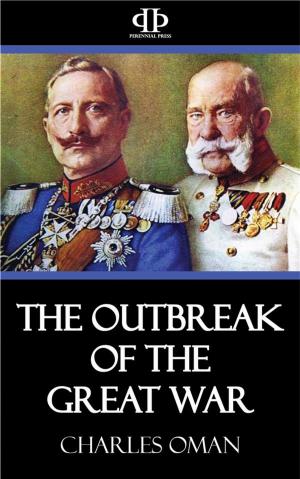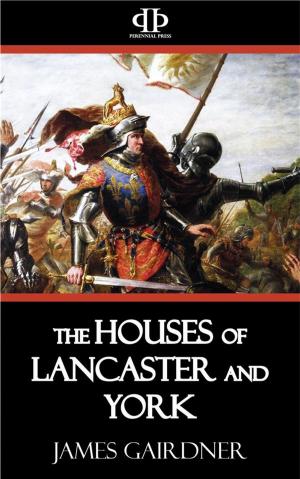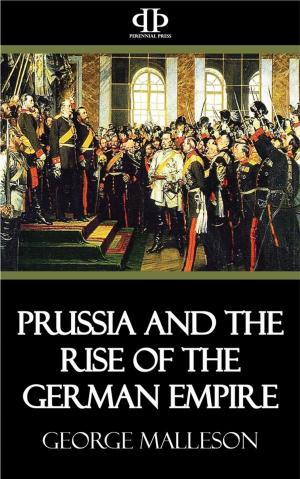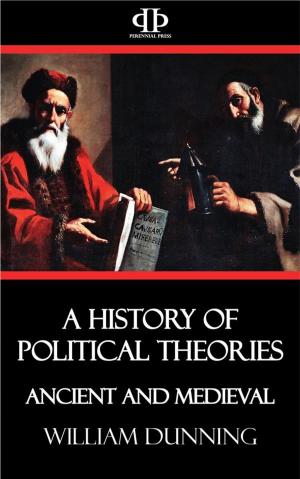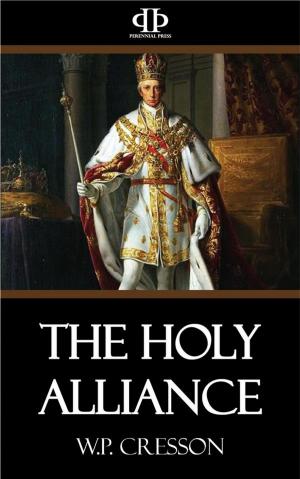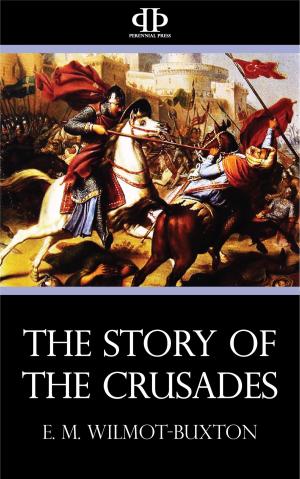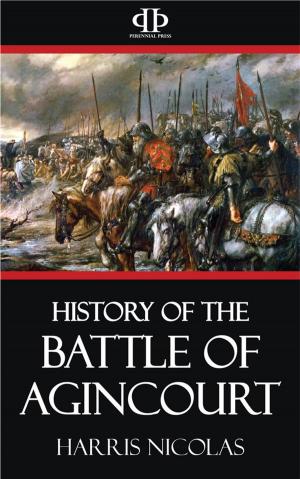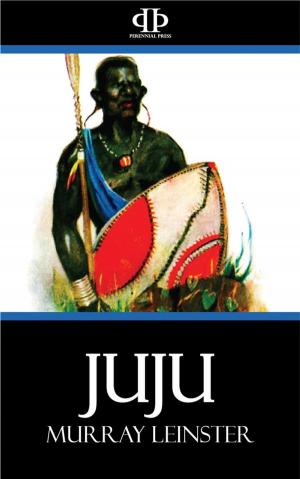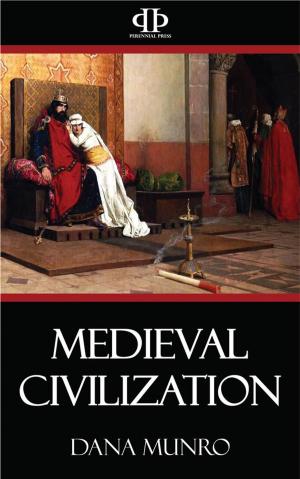Provinces of the Roman Empire - Volume I
Nonfiction, Home & Garden, Antiques & Collectibles, Cars, History, Ancient History, Rome| Author: | Theodor Mommsen | ISBN: | 9781531255589 |
| Publisher: | Perennial Press | Publication: | March 6, 2016 |
| Imprint: | Language: | English |
| Author: | Theodor Mommsen |
| ISBN: | 9781531255589 |
| Publisher: | Perennial Press |
| Publication: | March 6, 2016 |
| Imprint: | |
| Language: | English |
The history of Rome under the Empire presents problems similar to those encountered in the history of the earlier Republic. Such information as may be directly obtained from literary tradition is not merely without form and colour, but in fact for the most part without substance. The list of the Roman monarchs is just about as trustworthy and just about as instructive as that of the consuls of the republic. The great crises that convulsed the state may be discerned in outline; but we are not much better informed as to the Germanic wars under the emperors Augustus and Marcus, than as to the wars with the Samnites. The republican store of anecdote is very much more decorous than its counterpart under the empire; but the tales told of Fabricius and of the emperor Gaius are almost equally insipid and equally mendacious. The internal development of the commonwealth is perhaps exhibited in the traditional accounts more fully for the earlier republic than for the imperial period; in the former case there is preserved a picture—however bedimmed and falsified—of the changes of political order that were brought at least to their ultimate issue in the open Forum of Rome; in the latter case the arrangements are settled in the imperial cabinet, and come before the public, as a rule, merely in unimportant matters of form. We must take into account, moreover, the vast extension of the sphere of rule, and the shifting of the vital development from the centre to the circumference. The history of the city of Rome widens out into that of the country of Italy, and the latter into that of the Mediterranean world; and of what we are most concerned to know, we learn the least. The Roman state of this epoch resembles a mighty tree, the main stem of which, in the course of its decay, is surrounded by vigorous offshoots pushing their way upwards. The Roman senate and the Roman rulers soon came to be drawn from any other region of the empire just as much as from Italy; the Quirites of this epoch, who have become the nominal heirs of the world–subduing legionaries, have nearly the same relation to the memories of the olden time as our Knights of St. John have to Rhodes and Malta; and they look upon their heritage as a right capable of being turned to profitable account—as an endowment provided for the benefit of the poor that shrink from work...
The history of Rome under the Empire presents problems similar to those encountered in the history of the earlier Republic. Such information as may be directly obtained from literary tradition is not merely without form and colour, but in fact for the most part without substance. The list of the Roman monarchs is just about as trustworthy and just about as instructive as that of the consuls of the republic. The great crises that convulsed the state may be discerned in outline; but we are not much better informed as to the Germanic wars under the emperors Augustus and Marcus, than as to the wars with the Samnites. The republican store of anecdote is very much more decorous than its counterpart under the empire; but the tales told of Fabricius and of the emperor Gaius are almost equally insipid and equally mendacious. The internal development of the commonwealth is perhaps exhibited in the traditional accounts more fully for the earlier republic than for the imperial period; in the former case there is preserved a picture—however bedimmed and falsified—of the changes of political order that were brought at least to their ultimate issue in the open Forum of Rome; in the latter case the arrangements are settled in the imperial cabinet, and come before the public, as a rule, merely in unimportant matters of form. We must take into account, moreover, the vast extension of the sphere of rule, and the shifting of the vital development from the centre to the circumference. The history of the city of Rome widens out into that of the country of Italy, and the latter into that of the Mediterranean world; and of what we are most concerned to know, we learn the least. The Roman state of this epoch resembles a mighty tree, the main stem of which, in the course of its decay, is surrounded by vigorous offshoots pushing their way upwards. The Roman senate and the Roman rulers soon came to be drawn from any other region of the empire just as much as from Italy; the Quirites of this epoch, who have become the nominal heirs of the world–subduing legionaries, have nearly the same relation to the memories of the olden time as our Knights of St. John have to Rhodes and Malta; and they look upon their heritage as a right capable of being turned to profitable account—as an endowment provided for the benefit of the poor that shrink from work...

